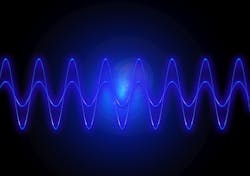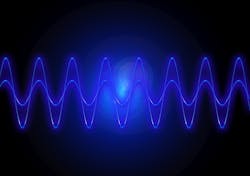FCC adopts new rules that open spectrum above 95 GHz for new technologies
"This spectrum has long been considered the outermost horizon of the usable spectrum range, but rapid advancements in radio technology have made these bands especially ripe for new development," the FCC said in a news release. "There are substantial opportunities for innovation in these frequencies, especially for data-intensive high-bandwidth applications as well as imaging and sensing operations."
The new rules also make a total of 21.2 GHz of spectrum available for use by unlicensed devices. The FCC selected bands with propagation characteristics that will permit many unlicensed devices to use the spectrum, while limiting the potential for interference to existing governmental and scientific operations in the above-95 GHz bands, such as space research and atmospheric sensing.
"The First Report and Order provides unprecedented opportunities for new experimental and unlicensed use in the frequencies above 95 GHz and will help ensure that the United States stays at the forefront of wireless innovation," the FCC said March 15. "Moreover, study of these uses could ultimately lead to further rulemaking actions and additional licensing opportunities within the Spectrum Horizons bands."
"These steps are groundbreaking, but I’m confident that there will be more ground to break," stated FCC Chairman Ajit Pai. "We will continue to watch the development of spectrum horizons, including for potential non-experimental, licensed uses of spectrum above 95 GHz in the future. And we will continue to act boldly so that the United States continues to lead the world in wireless innovation."
About the Author



